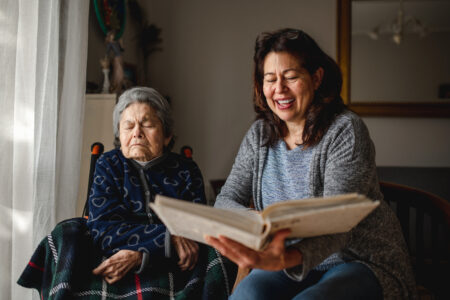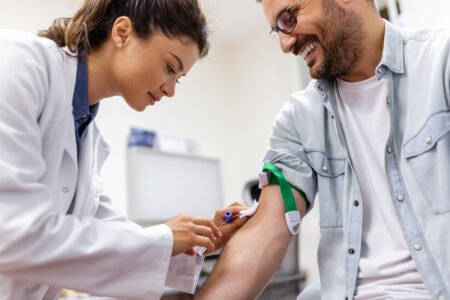
Share On Social!
Rapamycin is a medication approved by the US Food and Drug Administration as an immunosuppressant drug, making it helpful in preventing rejection in organ transplantation.
The medication has also been tested in prior studies — like clinical trials, which help researchers learn how to better slow, manage, and treat diseases — as a treatment for cancer and to evaluate its effects on physical and cognitive function and immune health.
Now, researchers at UT Health San Antonio are recruiting participants for a study to evaluate Rapamycin’s effects on heart function, heart muscle stiffening, and circulation.
Participants will be compensated up to $300 for study completion, which involves five study visits over the course of about two months.
Who Can Participate in the Rapamycin Study?
Males and females ages 70 to 95 who do not smoke and are in good, general health are eligible. Participants must also be able to tolerate MRI procedures and must live independently (not in assisted living or nursing home).
Smokers and anyone with diabetes, liver disease, and a history of skin ulcers or poor wound healing are ineligible to participate.
What Are the Rapamycin Study Procedures?
Participants will provide a medical history and will be evaluated for physical performance.
Blood tests and cardiac/aortic MRIs will be performed.
How Can You Participate in the Rapamycin Study?
Study locations include:
UT Health San Antonio
Sam and Ann Barshop Institute for Longevity and Aging Studies
4939 Charles Katz Drive
San Antonio, TX 78229
UT Health San Antonio Research Imaging Institute
8403 Floyd Curl Drive
San Antonio, TX 78229
For more information, call (210) 450-0020. Learn more about the study on UT Health San Antonio’s website.
Why Should I Participate in Studies and Clinical Trials?
Historically, Latinos are underrepresented in studies and clinical trials.
This lack of Latino representation makes it harder for researchers to learn more about Latino health and find treatments tailored for this group — which makes up 18.9% of the US population.
That’s why Dr. Amelie Ramirez, director of Salud America! and its home base, the Institute for Health Promotion Research (IHPR) at UT Health San Antonio, and Dr. Patricia Chalela, associate professor at the IHPR at UT Health San Antonio, are creating new ways to urge Latinos to volunteer for clinical trials thanks to a grant from Genentech, a member of the Roche Group.
Does diversity in studies and clinical trials really matter?
Yes, just ask Willie Heard.
He was diagnosed with Myelodysplastic syndromes (MDS), a group of bone marrow cancers in which the bone marrow does not produce enough healthy blood cells.
Heard didn’t hesitate to consider a clinical trial and is feeling better after treatment.
“The main reason [I joined the trial was] to help other people,” Heard said. “It meant a lot to me to participate, I really like participating in it.”
Through the Salud America! clinical trials page, you can find an open trial that is most beneficial to you and your familia!
“[Clinical research] can produce a substantial, sustained impact. And they can ensure everyone equitably benefits from scientific advances in cancer treatment, improved cancer outcomes, and reduced health care costs,” said Dr. Ramirez.
read more on studies and clinical trials!
Explore More:
Clinical TrialsBy The Numbers
142
Percent
Expected rise in Latino cancer cases in coming years



